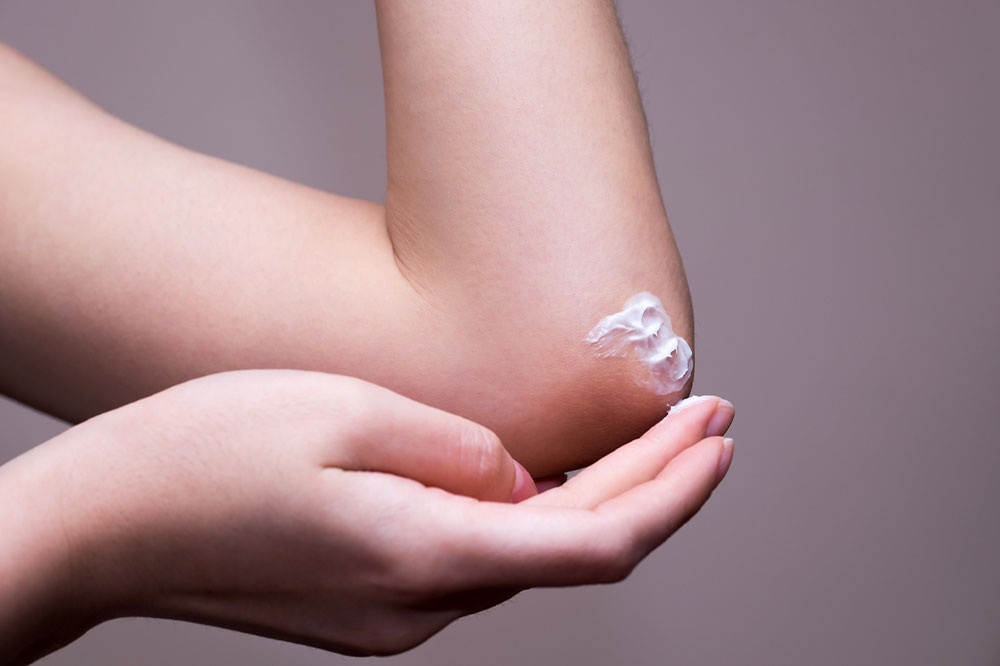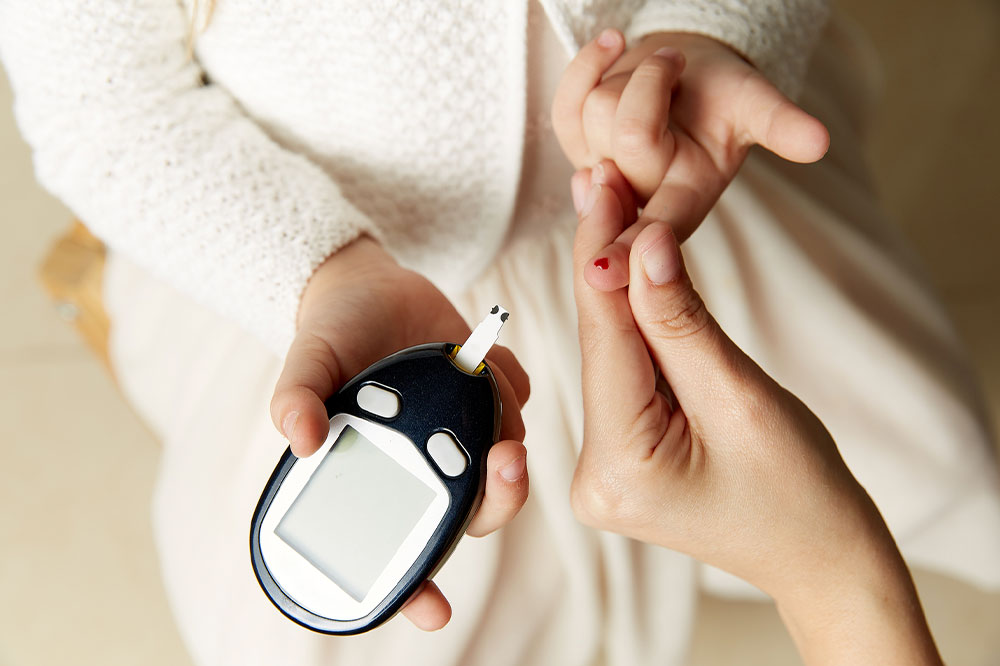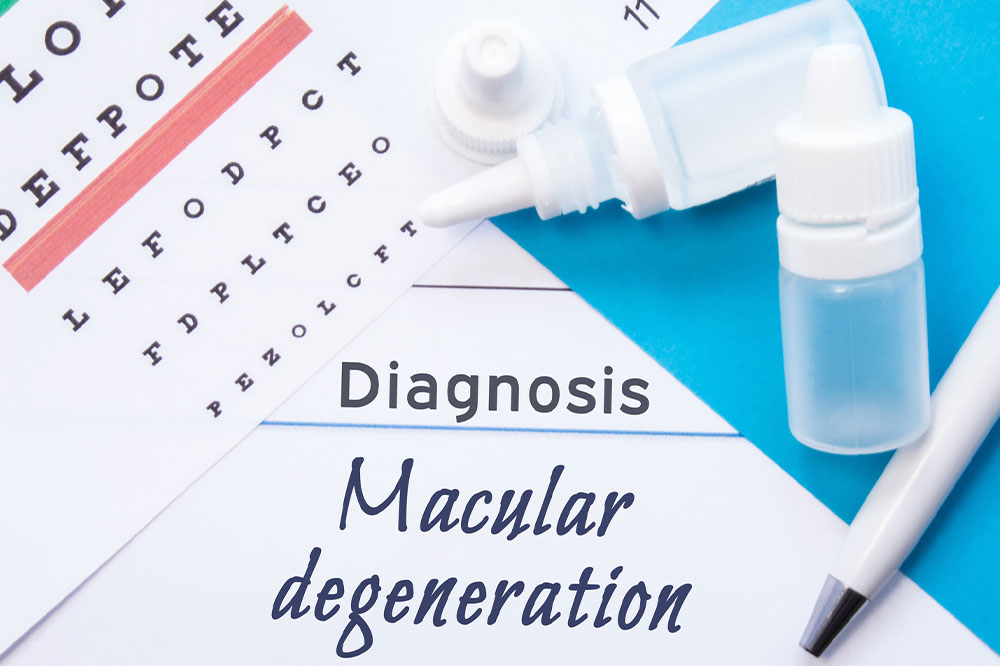
Health
Atopic dermatitis – Causes, symptoms, and more
Atopic dermatitis (eczema) is a disorder that results in dry, irritable, and inflammatory skin. Though it can affect anyone, young children are more vulnerable to this disorder. The symptoms include recurring (chronic) and sporadic flare-ups, though it is not contagious. Atopic dermatitis patients risk contracting asthma and seasonal and food allergies. Regular moisturizing and skin disease condition-related treatments help alleviate itching and prevent further outbreaks. Using medicated lotions or ointments during treatment is also helpful. Symptoms Depending on an individual’s age, the severity of the condition, and other circumstances, symptoms of atopic dermatitis may vary. Those who have the condition typically experience phases of worsening symptoms, followed by times of improvement or even complete disappearance. The following sections will cover some likely variances in symptoms in more detail. General eczema symptoms Eczema symptoms are usually not severe. The most common signs and symptoms of atopic dermatitis include dry, itchy skin, skin flushing, or weeping sores. Individuals with severe eczema skin disease may need more intensive care to eliminate their problems. Infections of the skin can also result from persistent touching and scratching. The appearance of the skin area afflicted by atopic dermatitis will vary depending on the frequency of itching and infection.
Read More 















